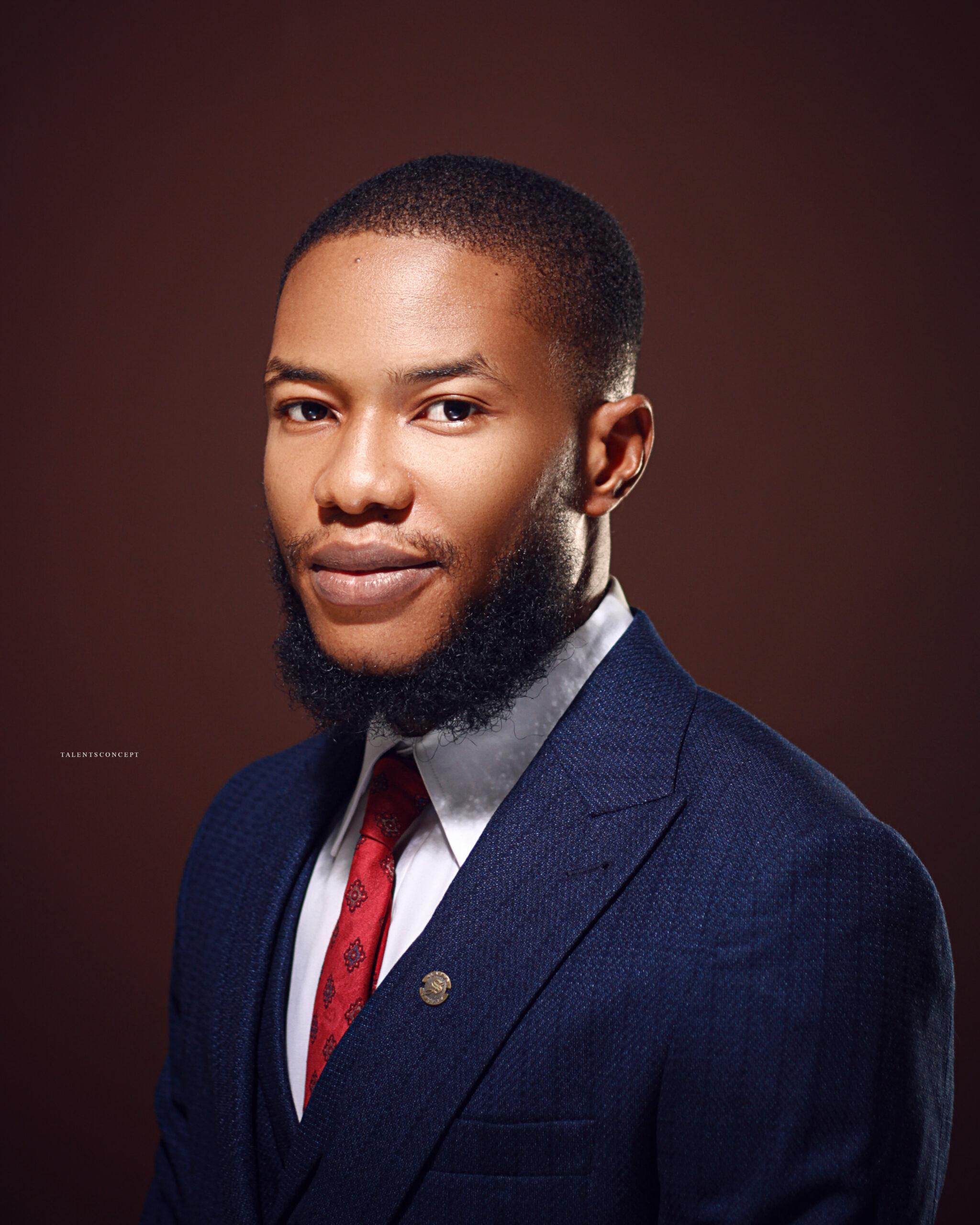12th July, 2023.
His Excellency,
Bola Ahmed Tinubu (GCFR),
The President, Federal Republic of Nigeria,
State House, Abuja.
Dear President,
Unlocking the Power of Education: Fueling Nigeria’s Journey to Greatness
I write this open letter with great concern for the state of education in our beloved country and a deep commitment to building a brighter future for Nigeria’s children and youth. As the Founder and Executive Director of the Dbegotin Educational Foundation (DEF), a nonprofit organization dedicated to advancing educational opportunities for every Nigerian child, especially those in Fragile, Conflict and Violent (FCV) zones in the country, I urge you to prioritize and invest in transforming Nigeria’s education system to unlock the potential of our great nation.
It is a fundamental knowledge that education is the bedrock of development and progress. It empowers individuals, drives innovation, and serves as a catalyst for sustainable development. However, the current state of education in Nigeria is a cause for alarm. Despite progress made by past governments at various levels and development partners in recent years, significant challenges persist, hindering our ability to provide quality and safe education to all.
Mr. President, I want to draw your attention to some key issues:
1. Access to Quality Education: The current education statistics in Nigeria are frightening. Nigeria currently has about 20 Million children of school age who are out of school. This is the highest number of out-of-school children for a nation in the world. Remote and marginalized communities face particular hardships such as unsafe learning environment, limited infrastructure, teacher shortages, and inadequate learning materials. This has led to a low literacy rate of 65.1%, according to World Bank data. Also, according to the World Economic Forum, Nigeria ranks 124th out of 137 countries in terms of the quality of primary education. Mr. President, we must bridge this gap and ensure that every child, regardless of their background, tribe, or gender, has access to quality education.
2. Teacher Training and Professional Development: In the course of my work with countless number of schools over the years, I have come to understand the vital role teachers play in shaping the future of our children and how this translates to national development. They are the real gatekeepers of Nigeria’s future. These men and women are as precious to a nation as a compass to a ship captain. Sadly enough, many of these educators lack the skill, training and motivation they deserve to effectively deliver in pointing our children and the nation towards innovation, peace and sustainable development. Challenges such as the continuous attacks on schools, poor teachers’ remuneration, wrong education policies, inadequate teaching resources and technologies, and an increase in student enrolment must be immediately addressed to enable these heroes to strive in their profession. Apart from the fact that overcrowded classrooms limit the implementation of the prescriptions of the National policy on education which prescribes a student-teacher ratio of 1:25 for pre-primary classes, 1:35 for primary and 1:40 for secondary schools, it has also been identified as a factor that overwhelms teachers, demoralizing them from deploying their best.
3. Curriculum Enhancement: I once visited a school here in the FCT where I witnessed pupils in primary five being taught 3 letter words. The saddest part about this experience for me that day was when these pupils were asked by their teacher to make a sentence with “PUT”, and in unison, they all responded with “Mummy please put soup for me”. Time will not permit me to share similar experiences of this nature. A wrong curriculum is like a compass without direction, leaving students adrift in a sea of confusion. The eagle soars high in the sky, because it has been taught to embrace the winds of change. Likewise, our curriculum must adapt and equip our children to navigate the challenges of the ever-changing world. As a matter of urgency, our school curriculum needs to evolve to meet today’s demands. There is a dare need for us to develop and enforce a curriculum that prioritizes solving the challenges we face in Nigeria today, and one which will include the development of essential soft and hard skills such as critical thinking & problem-solving, collaboration & team work, emotional intelligence & communication, STEM skills, Robotics, Automation & Artificial Intelligence, digital & information literacy, entrepreneurship etc.
By aligning our curriculum with the needs of the job market and fostering creativity and innovation, we can better equip our students to solve local and national issues, thereby giving them a strong advantage to compete on the global stage.
4. Infrastructure and Technology: In a world where progress is propelled by enabling infrastructures and technology, our education system remains stagnant, devoid of infrastructure and bereft of innovation, preventing our students from competing on a global stage. Before now the steady cry of educators and some of my colleagues working with schools has been the absence of school chairs, windows, boards and roofs in some schools across the country. We have gone from here to where we now have entire communities without a single classroom. In the course of my work with schools over the years, I have seen a fast decay of school infrastructure and digital teaching aids. Again this brings up the concern whether the UBEC counterpart funds which is supposed to provide educational infrastructures and learning materials for public schools across the country is been properly utilized, and if the body in charge of schools’ supervision and maintenance are working as they should. Many public and private schools in Nigeria lack conducive classrooms, libraries, laboratories, playground, libraries, and access to digital learning systems. These deficiencies hinder the learning experience of students and limits their ability to compete with their counterparts globally. There is a great need to invest in education infrastructure and Edu-tech systems for this great pillar to truly stand again.
Mr. President, in my opinion, these issues can be addressed once and for all is you handle the following with utmost attention and priority;
1. Appoint the most capable hand as the Minister of Education: I strongly recommend you to appoint the most competent and capable individual as the minister of education in your efforts to improve our educational system. This crucial decision will determine whether policies and reforms are carried out effectively and to the full capacity of our educational system. We can encourage innovation, motivate brilliance, and lift our educational system to new heights by choosing a visionary leader with an in-depth knowledge of educational difficulties and a track record of bringing about constructive change. The Minister of Education will be essential in setting the direction for educational progress, working with stakeholders, and leading projects that put a focus on student-centric strategies, teacher development, and long-term planning.
2. Increase Education Budget: I wholeheartedly urge your administration to embrace the imperative of allocating a substantial portion of the national budget to education, adhering to or even surpassing the UNESCO recommendation of 15 to 20 percent. This pivotal decision carries profound emotional significance, as it has the potential to shape the trajectory of our nation and the lives of countless individuals. Adequate funding is the cornerstone for essential infrastructure development, creating safe and conducive learning environments that inspire our students to reach for their dreams. It is the catalyst for comprehensive teacher training, enabling educators to ignite the spark of knowledge and guide our youth towards excellence. Elevating education funding will pave the way for essential infrastructure development, creating modern and safe learning environments that foster a sense of pride and motivation among students. In addition, a heightened education budget facilitates technology integration, ensuring that our students are equipped with the digital literacy needed to thrive in the digital age. By bridging the digital divide, we empower marginalized communities, providing them with access to the vast resources and opportunities available in the digital realm. In conclusion, by investing robustly in education, we can unlock a multitude of benefits that will reverberate through generations.
Mr. President, Dbegotin Educational Foundation is committed to collaborate with your administration in planning and implementing workable education solutions leveraging our experience, expertise, networks, and resources as part of our effort in transforming Nigeria’s educational system. Together, we can empower our children and youth, ensuring a brighter future for Nigeria through the unmatched powers of education.
Thank you for your attention to this critical matter. I look forward to the opportunity to discuss further and collaborate for the betterment of our nation.
Best regards,
Jeremiah Oseni (JP)
+2348167614017 – osenispeaks@gmail.com


